Indian Nobel laureate fears pandemic may drive up child exploitation
For four decades Indian Nobel peace laureate Kailash Satyarthi rescued thousands of children from the scourge of slavery and trafficking but he fears all his efforts could reverse as the coronavirus pandemic forces children into labor.
“The biggest threat is that millions of children may fall back into slavery, trafficking, child labor, child marriage,” said Satyarthi who was awarded the Nobel Peace Prize in 2014 for his work to combat child labor and child trafficking in India.
As the pandemic pummels the Indian economy, pushing millions of people into poverty, families are under pressure to put their children to work to make ends meet.
While rates of child labor have declined over the last few years, about 10.1 million children are still in some form of servitude in India, according to the United Nations children’s agency UNICEF.
Across India child laborers can be found in a variety of industries such as brick kilns, carpet-weaving, garment-making, domestic service, agriculture, fisheries and mining.
Earlier this month, Satyarthi’s organization backed by police rescued dozens of girls during a raid on a shrimp processing unit in western India.
“Once children fall into that trap they could be pulled into prostitution and could be trafficked easily ... this is another danger which government have to address now,” he he told Reuters, adding that he believed sexual abuse of children was also on the rise due to the pandemic.
"The number of cases of child sexual abuse or use of child pornographic material has been doubled, almost doubled. The other indicators in India and the rest of the world that how demand for girls, and boys of course, for child sexual abuse and production of pornographic material is growing during the lockdown times and the COVID-19 times."
“I cannot be satisfied even if one single child is enslaved ... it means there is something wrong in our polity, in our economy, in our society, we have to ensure that not a single child is left out,” he said
"But the biggest threat is that millions of children may fall back into slavery, trafficking, child labor, child marriages. School would be denied, so it is a big, big threat. It never happened in my life but neither in the lives of anyone in the past decades - so, it is very serious problem, especially for children."
"Since this pandemic was affecting the entire world directly or indirectly, we thought that it would emerge as an equalizer in the society, people will feel more responsible for each other. But contrary to it, it has exposed and exacerbated the inequalities and injustices which were already going on in the society. And unfortunately, children who belong to marginalized sections of the society are going to suffer the most. They are already suffering but in the post COVID-19 period, the threat is much more serious."
India's coronavirus infections spike again after dip
India's coronavirus infections surged again on Wednesday, a day after falling to their lowest figure in almost a month.
In the last 24 hours, there were 83,347 new cases, with 1,085 deaths, federal health data showed. India, with a population of about 1.4 billion, has been consistently reporting the world's highest daily tallies of infections, as it grapples with overstretched health services in the effort to control the pandemic.
Its 5.6 million coronavirus cases rank second only to the United States, and more than 90,000 people have died. Tuesday's figure of 75,083 was the lowest since Sept. 1, and Wednesday's total is below the record 97,894 hit on Sept. 17. But experts say it is still too early to tell if the first wave of the pandemic in the country has peaked.
"A drop over only a few days may not be significant," said Giridhara R Babu, an epidemiologist at the Public Health Foundation of India.
"We need to ensure that the increase in tests is sustained," he said, adding that it would take at least another week to tell if cases in the country had really subsided.
India's parliament, which met for the first time in six months on Sept. 14, is set to end its session on Wednesday, a week earlier than scheduled, after 30 lawmakers tested positive for the coronavirus.
(Source: Agencies)
VIDEO | Trump's Gaza 'peace plan' dismissed as 'one-sided and unworkable'
Sheikh Qassem: Hezbollah foiled objectives of enemy’s aggression
VIDEO | Transatlantic rift at Munich Security Conference
‘Textbook definition of terrorism’: Tehran denounces Pelosi’s call on US to exact ‘pain’ on Iranians
VIDEO | 39th AU summit opens in Addis Ababa with focus on water security, peace, and development
VIDEO | Iran: The stronghold Washington lost
Anti-Iran ‘Munich circus’ shows Europe has lost geopolitical weight: Araghchi
Swiss to act as venue of next round of Iran-US talks: Report





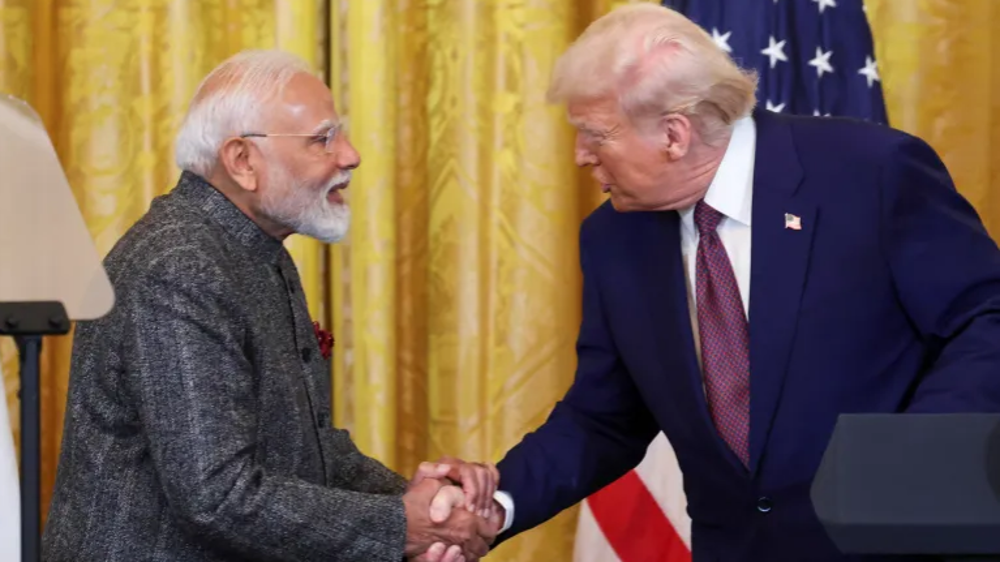
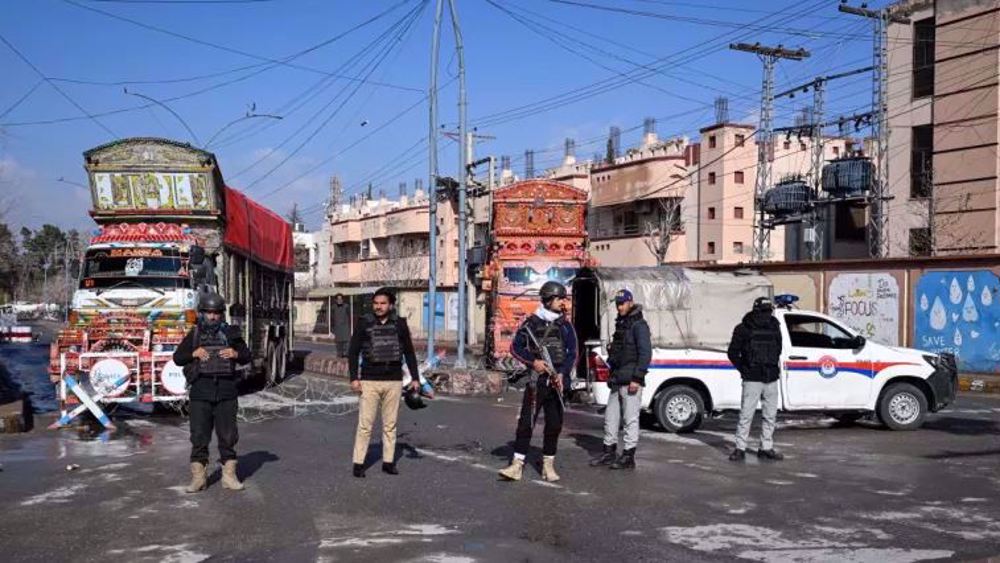
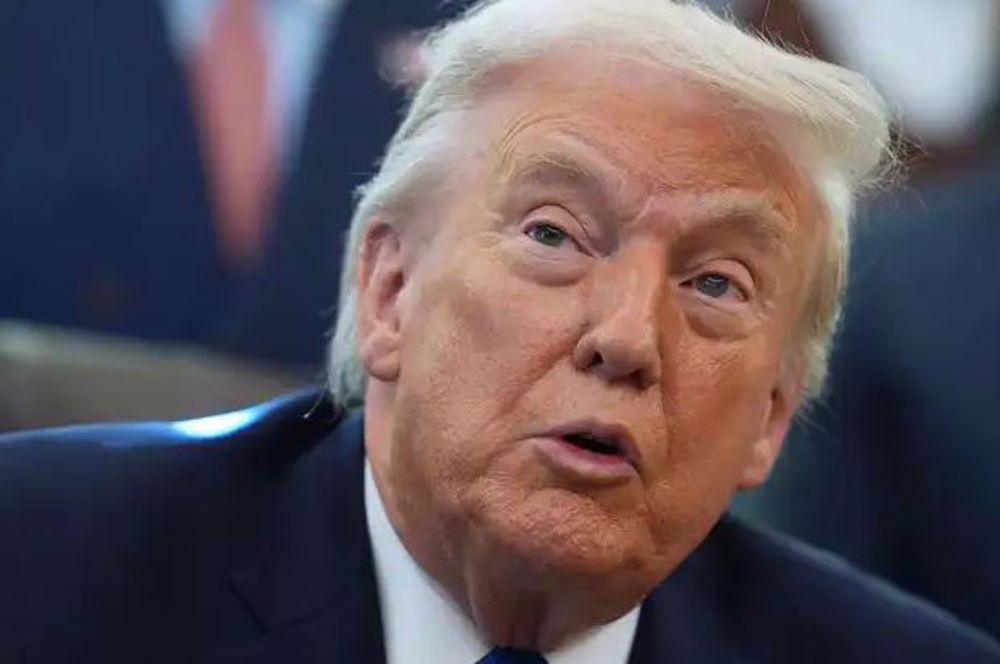






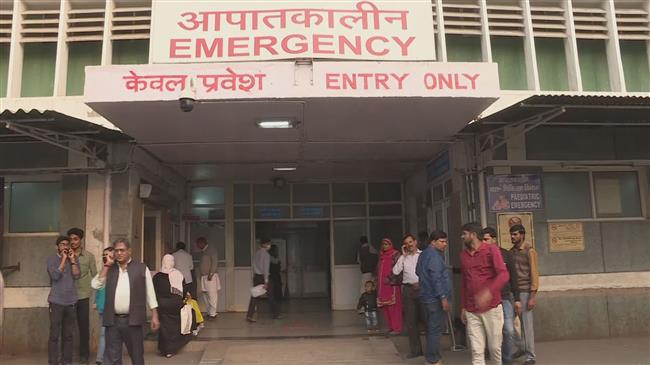


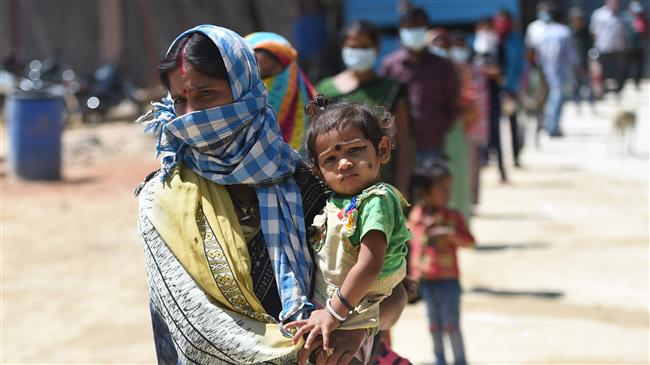


 This makes it easy to access the Press TV website
This makes it easy to access the Press TV website